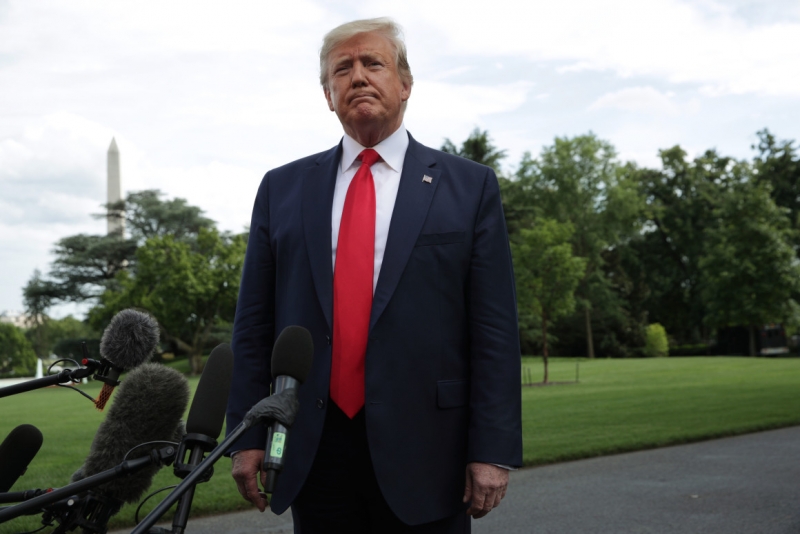Insights of Trump’s peace plan revealed ahead of key summit
US President Donald Trump’s peace plan for the Middle East contains more economic proposals than political ones, it emerged. Jason Greenblatt, chief Middle East negotiator to the White House, yesterday said that “blaming the settlements for the conflict and this constant focus on settlements is a farce.
“The lack of peace has nothing to do with the existence of settlements.” Greenblatt clarified that the Trump administration does not intend to forcefully impose a plan. He explained that the reason the White House is starting with economics first is that “this is a very detailed peace vision”.
“You cannot have a successful peace agreement without a successful economic plan. We are worried about the days, weeks, months and years after.” As to why the peace plan is being split into two stages the first economic, the second diplomatic, he said: “We couldn’t do it all at once. It would be a great deal of information for people to digest. “We felt the best thing was to start with economics. And there are some benefits for Jordan and Egypt as well.” He admonished the Palestinian Authority for rejecting the plan out of hand.
“The PLA, in particular, Saeb Erekat, has been decrying what we are trying to do. He says we are trying to buy the Palestinians off. “That is completely untrue. Nothing could be further from the truth.” Meanwhile, it has been announced that Israeli officials won’t take part in the summit.
The decision against going to Bahrain was made in coordination between Israel and the US, an official in Israeli Prime Minister Benjamin Netanyahu’s office said. The session, set for June 25-26, is meant to present an economic vision to the Palestinian people, and the US doesn’t want politics to overshadow economics, an American administration official said. Both officials spoke on condition of anonymity because they weren’t authorized to discuss the matter publicly.
Israel’s decision not to send government officials was reported earlier Monday by Axios. On Tuesday, Netanyahu said some Israelis would be going to Bahrain, and Israeli media reported they would include a former general who co-ordinated civilian issues with the Palestinians during his army service and speaks fluent Arabic.
Related Posts

